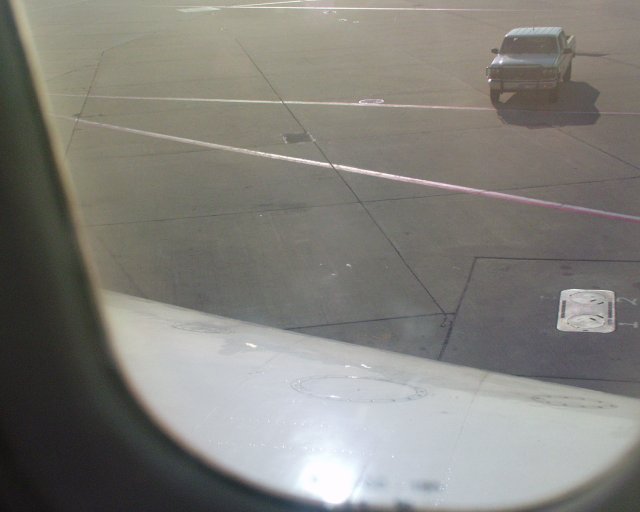Mick F wrote:Manc, can I ask a few questions please?
You say Earth is flat and covered by a dome. I'm not saying it is and I'm not saying it isn't.
I'm not saying either way myself, but it seems more proof points to a flat Earth than a round one - which of course means ignoring anything NASA tells us, along with Newton and Copernicus.
Mick F wrote:How high is this dome and what holds it up?
I don't know about its height but if the sun, moon, stars and planets up there are all super low density objects, nothing needs to "keep them up". Its like asking what keeps a helium balloon up on a ceiling. My question is what keeps them at a "maintained distance" as opposed to floating away - that would have to be the magnetic North, since it is all revolving around that.
This at least makes some sort of sense - the spin of the sun keeps it from ending up sticking to the magnetic north and the magnetic north stops it from floating away completely.
If true, think about the power to weight ratio of the sun!
Then Eric Dollard says stuff like "The sun isn't an object, it is a point in space and time". He says what we experience (as in feel the heat, see the light) is all a secondary "waste product" and up there, the sun isn't "hot". It reacts with atoms. So if you could go up there without being made of atoms, you wouldn't burn.
The only way that's possible is to successfully remote view or something.
Flat Earthers say nothing can go all that high up because it has to be made out of a material and in doing that, it will just cook the occupants of any craft, same with firing rockets towards it or whatever else.
Mick F wrote:Does it meet all round at the edge of the Earth?
I don't know.
Mick F wrote:If so, is Earth circular?
It is apparently square, although the sun encircles it, parts of sea that would be frozen aren't, next to land with snow and ice on that is frozen, giving the effect of a square.
This leads into a lot of other things like the hats people have on graduating, a judge's hat. All the sayings like "fair and square" and "on the level" (flat Earth).
Its true that Antarctica on a globe looks a bit, well, square.
Flat Earthers say the outer rim of the flat Earth is an inverted version of that coastline, just with a lot more of it.
Mick F wrote:How thick is the disc of the flat Earth?
No one knows. The maximum anyone drilled down was the Russians drilling for 30 years and gave up, they got 8 miles down.
Mick F wrote:What's on the bottom of it?
I don't know.
Mick F wrote:What does it rest on?
I don't know but lava is there under the Earth all the same whether it is round or flat.
Mick F wrote:Maybe it floats?
I hope not.

Because if it is, then we're going somewhere... Earth would be moving, which flies in the face of the Flat Earth theory.
Mick F wrote:If so, in "what" does it float?
Pffffffffffff, who knows, but in the bible it says "god separated the waters from the waters" which might be a clue, not that I am a Christian.
Mick F wrote:Serious questions in the hope of getting straight answers.
Its too hard to answer a lot of it.
One thing they can't explain is meteors. They claim on the one hand a lack of gravity and lack of vacuum up there, but meteors have fallen down from up there, you can't have that both ways.
I think they just say all meteors are a lie or something to try to cover it. Pah, what about that massive hole in Arizona! Something big fell from the sky and it cannot be disputed. Some claim it was a star... but not if they are super low density. Maybe a star "formed" up there wrong and fell down, assuming stars aren't what we think.
Some of them say you become a star when you die, I can't rule it out. As if what's going on up there is creating a "waste product" environment down here and this isn't even reality or something.

